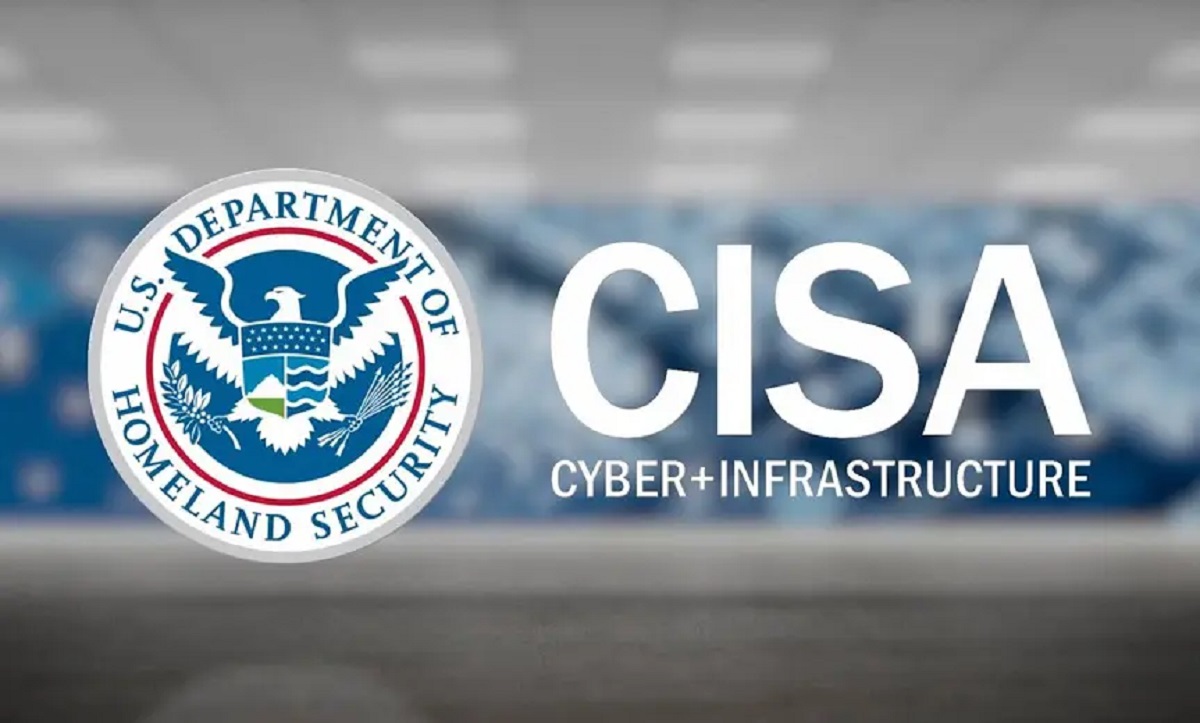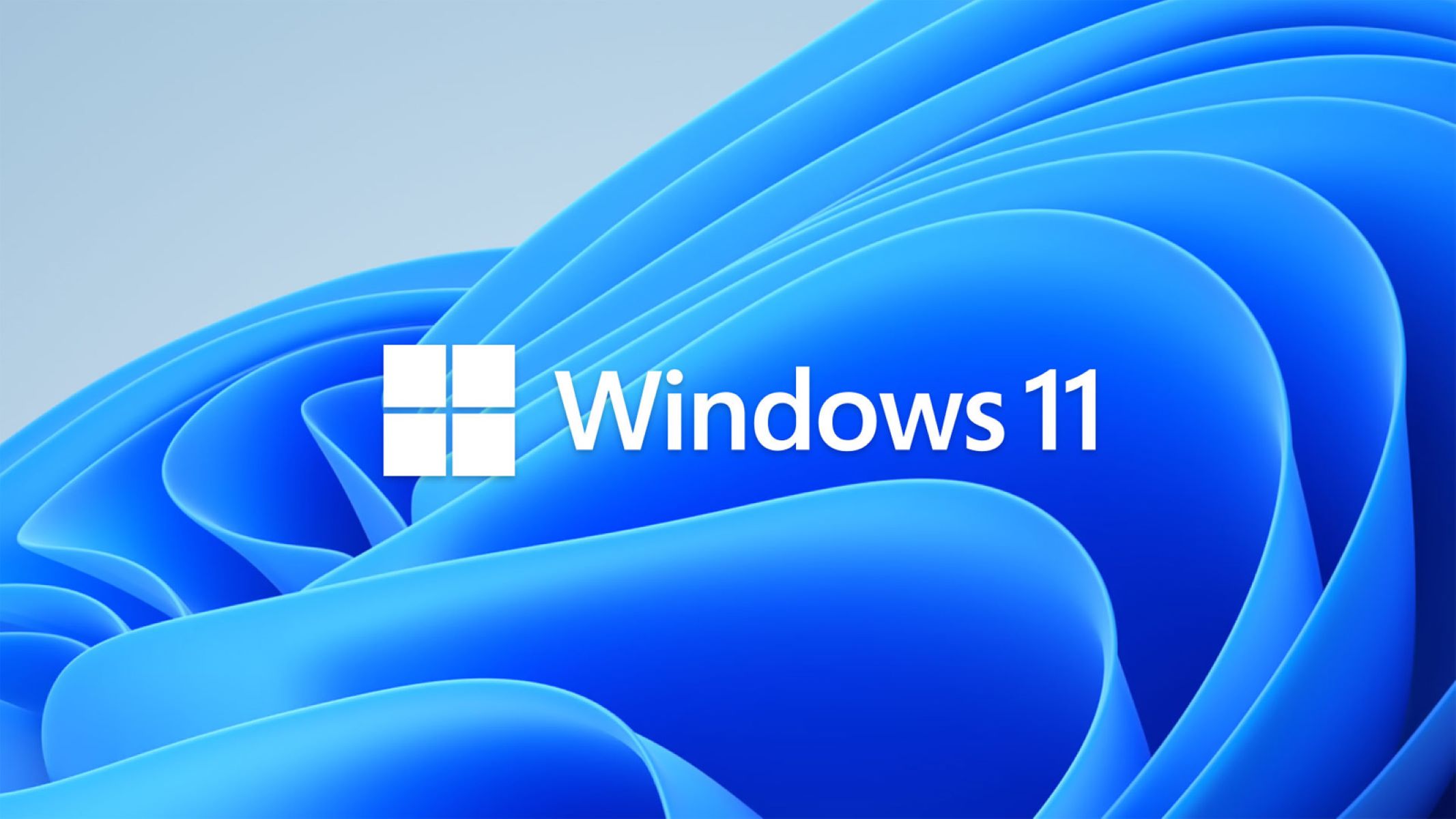Introduction
As online gaming continues to grow in popularity, so do the cyber threats that target gamers. With billions of gamers worldwide and the immense financial rewards associated with virtual items and currencies, it’s no surprise that malicious actors are constantly looking for vulnerabilities to exploit. From phishing attacks to account takeovers, the threats facing online gamers are diverse and ever-evolving.
In this article, we will explore the top cyber threats that gamers face in the online gaming world. Understanding these threats is crucial for both gamers and gaming platforms to ensure the safety and security of their accounts and personal information. By staying informed and implementing appropriate security measures, gamers can protect themselves from falling victim to cyber attacks.
While the internet provides a gateway to immersive gaming experiences, it also opens the door for cyber criminals to exploit unsuspecting gamers. Therefore, it’s essential for gamers to be aware of the various threats they may encounter and take proactive steps to safeguard their gaming accounts.
Throughout this article, we will delve into different types of cyber threats, such as phishing attacks, account takeovers, malware and ransomware, DDoS attacks, cheating and hacking tools, social engineering attacks, and inadequate security measures. By examining these threats, gamers can better understand their risks and take appropriate actions to protect their gaming experience.
So, without further ado, let’s delve into the world of cyber threats in online gaming and explore the dangers that gamers should be aware of.
Phishing Attacks
Phishing attacks are one of the most common and dangerous cyber threats that gamers face. These attacks typically involve cybercriminals posing as legitimate entities, such as gaming platforms or game developers, in an attempt to trick gamers into divulging their sensitive information, such as usernames, passwords, or credit card details.
The attackers often employ various methods to carry out phishing attacks, including sending deceptive emails, creating fake websites that resemble official gaming platforms, or using social engineering techniques to gain the trust of unsuspecting gamers. They may entice gamers with promises of free in-game items, exclusive content, or even cash rewards, luring them into providing their personal information.
Gamers should be vigilant and exercise caution when encountering unfamiliar or suspicious emails or messages. It’s important to remember that legitimate gaming platforms will never ask for sensitive information via email or third-party messaging applications. To protect themselves from phishing attacks, gamers should avoid clicking on suspicious links, verify the authenticity of websites by checking for SSL certificates or official domain names, and enable two-factor authentication whenever possible.
Phishing attacks can have severe consequences for gamers. Once cybercriminals gain access to gamers’ accounts, they can steal virtual items, currencies, and even real-world assets associated with the account. In some cases, attackers may also use the compromised accounts to carry out further fraudulent activities, such as spreading malware or conducting financial transactions without the user’s consent.
To mitigate the risk of falling victim to phishing attacks, gamers should educate themselves about the common signs of phishing attempts and be skeptical of unsolicited offers that seem too good to be true. By maintaining a healthy level of skepticism and being mindful of their online interactions, gamers can better protect themselves from phishing attacks and enjoy a secure gaming experience.
Account Takeovers
Account takeovers are a significant concern in the online gaming world, where access to a gamer’s account can provide valuable assets and personal information. In an account takeover, a cybercriminal gains unauthorized access to a gamer’s account, effectively hijacking it for their malicious purposes.
There are several ways through which account takeovers can occur. One common method is through the use of stolen credentials. Cybercriminals can acquire login information through various means, such as hacking into gaming databases or employing keyloggers and other malware to capture account details. These stolen credentials are then used to access the victim’s account.
Another way account takeovers can happen is through poor password management. Many gamers use weak or easily guessable passwords, making it relatively simple for cybercriminals to crack them using brute force or dictionary attacks. Additionally, if gamers reuse their passwords across multiple platforms, a breach in one account can potentially lead to the compromise of all their other accounts.
Once cybercriminals gain control of a gamer’s account, they can cause significant damage. They may sell in-game items or virtual currencies for real-world money, effectively scamming both the player and potential buyers. They may also engage in disruptive behavior, such as cheating, griefing, or harassing other gamers, tarnishing the gaming experience for everyone involved.
To protect against account takeovers, gamers should adopt strong security practices. This includes choosing unique and complex passwords, enabling two-factor authentication, regularly updating passwords, and avoiding sharing account information with anyone. It’s also crucial to be cautious of phishing attempts that may trick players into revealing their login credentials.
Gaming platforms and developers also play a vital role in combating account takeovers. They can implement robust security measures, such as multi-factor authentication and account recovery procedures, to help gamers regain control of their accounts in case of a breach. Furthermore, platforms should actively monitor for suspicious activity and employ advanced security protocols to detect and prevent unauthorized access.
By remaining vigilant and taking proactive measures, gamers can significantly reduce the risk of account takeovers and enjoy a more secure gaming experience.
Malware and Ransomware
Malware and ransomware pose significant threats to online gamers, as these malicious programs can compromise the security of their devices and disrupt their gaming experience. Malware refers to any type of software designed to harm or exploit computer systems, while ransomware specifically targets users’ files and demands a ransom for their release.
Gamers can unknowingly download malware and ransomware from various sources, including suspicious websites, infected email attachments, or even compromised gaming platforms. Once installed on a device, malware can perform a range of harmful activities, such as stealing personal information, logging keystrokes, or even taking control of the system. Ransomware, on the other hand, encrypts files on the device and demands payment in exchange for the decryption key.
To protect against malware and ransomware, gamers should follow best practices for online security. This includes keeping their operating systems and antivirus software up to date, avoiding downloading or running files from unknown sources, and being cautious of clicking on links or downloading game mods from untrustworthy websites.
Regularly backing up important gaming files and data is also crucial. In the event of a ransomware attack, having recent backups will allow gamers to restore their files without having to pay the ransom. Cloud storage services, external hard drives, or dedicated backup software can all be used for this purpose.
Gaming platforms and developers also play a vital role in protecting gamers from malware and ransomware attacks. They should implement security measures, such as robust antivirus scanning and proactive monitoring for suspicious activities, to prevent malware-infected files from being distributed through their platforms. Regular security audits and updates of gaming software can help patch vulnerabilities before they can be exploited.
Educating gamers about the risks of downloading and installing software from untrusted sources is essential. Gaming communities and forums can serve as platforms for sharing information and raising awareness about the dangers of malware and ransomware.
By practicing good online hygiene, staying vigilant, and exercising caution when downloading and installing programs, gamers can significantly reduce their risk of falling victim to malware and ransomware attacks. Maintaining a secure gaming environment ensures the integrity of personal information and the overall enjoyment of the gaming experience.
DDoS Attacks
DDoS (Distributed Denial of Service) attacks are a major concern in the online gaming world, as they can disrupt gameplay, cause lag, and render gaming servers inaccessible. DDoS attacks involve overwhelming a target server or network with a flood of internet traffic, effectively rendering it unable to handle legitimate requests.
Gamers are often the targets of DDoS attacks by rival players seeking to gain an unfair advantage or simply to disrupt the gaming experience. These attacks can be carried out by botnets – networks of compromised computers and devices controlled by malicious actors. By flooding the target server with a massive amount of traffic, DDoS attacks can cause significant disruptions, making gameplay impossible or severely degraded.
DDoS attacks not only affect individual gamers but also impact gaming platforms and developers. When servers are overwhelmed by traffic, it leads to downtime and loss of revenue. It can also damage the reputation of the platform or game, as players become frustrated with the interrupted gameplay experience.
To mitigate the risk of DDoS attacks, gaming platforms and developers need to deploy robust network security measures. This includes implementing traffic analysis and filtering systems, monitoring for unusual traffic patterns, and utilizing load balancing techniques to distribute traffic effectively.
Additionally, gamers can take measures to protect themselves from the effects of DDoS attacks. Using a reliable and updated antivirus program can help prevent their devices from being recruited into a botnet as part of a DDoS attack. Connecting through a virtual private network (VPN) can also add an extra layer of protection by masking the gamer’s IP address, making it more difficult for attackers to target them directly.
Furthermore, gaming platforms should have contingency plans in place to respond to DDoS attacks. This may include enlisting the help of DDoS protection services or cloud-based scrubbing services, which can filter out malicious traffic before it reaches the gaming servers.
Educating gamers about the importance of reporting and documenting DDoS attacks is also crucial. By collecting data and identifying patterns of attacks, gaming platforms and law enforcement agencies can work together to identify and prosecute the perpetrators.
Overall, with the implementation of robust network security measures and the collaboration between gaming platforms, developers, and gamers, the impact of DDoS attacks can be minimized, allowing everyone to enjoy a more stable and uninterrupted gaming experience.
Cheating and Hacking Tools
Cheating and hacking tools are a persistent threat in the online gaming world, with some players resorting to unfair practices to gain advantages or disrupt gameplay for other gamers. These tools include aimbots, wallhacks, and other software that provide players with unfair advantages, such as enhanced aiming or visibility through walls.
Cheating and hacking tools can be obtained from various sources, including illicit websites and underground forums. They are often developed by individuals with malicious intentions who seek to profit from selling these tools or disrupt the gaming experience for others.
These tools not only undermine fair competition but also pose security risks. Players who resort to cheating tools may unknowingly expose themselves to malware or other forms of cyber attacks. Some cheating tools may require users to disable antivirus programs or grant administrative access to their devices, making them vulnerable to exploitation by hackers.
Gaming platforms and developers employ various measures to combat cheating and hacking. This includes implementing anti-cheat systems that detect and ban players using cheating tools. These systems use complex algorithms, data analysis, and player reporting to identify suspicious activities and take appropriate action.
Furthermore, engaging the gaming community in the fight against cheating is also crucial. Encouraging players to report suspected cheaters and providing a clear avenue for reporting can help identify and address instances of unfair play effectively.
Educating players about the consequences of using cheating and hacking tools is essential. This can be achieved through in-game messaging, tutorials, and community guidelines that emphasize the importance of fair play and the negative impact of cheating on the gaming experience for everyone involved.
Developers can also deploy regular updates and patches to close vulnerabilities that cheating tools exploit. By continuously monitoring and addressing emerging cheating techniques, gaming platforms can stay one step ahead of the hackers.
Ultimately, cultivating a culture of fair play and promoting sportsmanship within the gaming community can help deter the use of cheating and hacking tools. By collectively condemning these unfair practices and actively reporting suspected cheaters, gamers can contribute to a more enjoyable and equitable gaming environment for all players.
Social Engineering Attacks
Social engineering attacks are a cunning and manipulative form of cyber threat that targets the human element in online gaming. Unlike traditional hacking techniques that rely on technical vulnerabilities, social engineering attacks exploit psychological manipulation to trick gamers into revealing sensitive information or performing actions that benefit the attacker.
Common forms of social engineering attacks in online gaming include phishing through social media platforms, impersonating trusted individuals, and manipulating gamers into sharing their personal information or granting access to their accounts.
One example of a social engineering attack is when a cybercriminal poses as a fellow gamer or a gaming platform representative and attempts to build trust with the victim. They may engage in friendly conversations, offer virtual gifts or exclusive rewards, and gradually elicit personal information or account credentials.
Another tactic used in social engineering attacks is “pretexting,” where attackers create convincing scenarios to manipulate gamers into taking certain actions. For instance, they may impersonate a game administrator claiming that the gamer’s account has been compromised and direct them to a fake website to verify their credentials.
To protect themselves from social engineering attacks, gamers must be vigilant and skeptical of unsolicited requests or offers. They should never share personal or sensitive information with anyone they do not trust explicitly. Additionally, it’s crucial to verify the identities of individuals claiming to be representatives of gaming platforms or fellow players through secure and official channels.
Gamers should also be cautious when clicking on links or downloading files sent by unknown individuals. It’s always advisable to independently verify the legitimacy of such communications before taking any action.
Gaming platforms and developers play a critical role in educating gamers about social engineering attacks. They should provide clear guidelines on how to identify and report suspicious activity and offer resources to raise awareness about the tactics used by social engineers.
Furthermore, fostering a strong sense of community and encouraging gamers to look out for one another can help detect and prevent social engineering attacks. By promoting open communication and sharing information about encountered threats, the gaming community can collectively become more resilient to social engineering tactics.
Implementing two-factor authentication and advanced security measures can also provide an extra layer of protection against social engineering attacks. These additional security measures make it more difficult for attackers to gain unauthorized access to gamer accounts, even if they manage to trick the individual into divulging some information.
By staying informed, skeptical, and exercising caution, gamers can protect themselves from falling victim to social engineering attacks and maintain a safe and enjoyable gaming experience.
Inadequate Security Measures
Inadequate security measures present a significant risk to online gamers, as they create vulnerabilities that cybercriminals can exploit. When gaming platforms and developers fail to implement robust security measures, it exposes gamers to a range of threats, including data breaches, account hijacking, and unauthorized access to personal information.
One common security weakness is the lack of proper encryption protocols. When sensitive information, such as passwords or payment details, is transmitted without encryption, it becomes susceptible to interception by attackers. This puts gamers at risk of identity theft, financial fraud, and other malicious activities.
Another security concern arises from platforms that do not enforce strict password requirements. Weak passwords, coupled with the prevalence of password reuse, make it easier for attackers to gain unauthorized access to multiple accounts. Gamers should be encouraged to create strong, unique passwords and platforms should enforce password complexity guidelines.
Furthermore, inadequate system patching and updates can leave gaming platforms vulnerable to known security vulnerabilities. Failing to regularly apply security patches and updates increases the risk of exploitation by cybercriminals, who are adept at exploiting known weaknesses in software and operating systems.
Gaming platforms and developers must also prioritize the protection of user data. Failure to implement sufficient data protection measures can result in the loss or theft of sensitive user information, such as email addresses, birth dates, or payment details. Implementing robust data protection measures, such as encryption and secure storage, is crucial to safeguarding user data and maintaining trust within the gaming community.
Another area where inadequate security measures can be observed is in the handling of user reports and issues. If gaming platforms do not have efficient systems in place to address security concerns and respond to reports of suspicious activity, it can lead to delayed action or even the complete disregard of potential threats. Timely response and communication is vital to address security issues promptly and prevent further harm.
Educating gamers about the importance of security and the risks associated with inadequate security measures is essential. By promoting best practices and providing clear guidelines on account security, password management, and identifying and reporting suspicious activities, gaming platforms can empower gamers to protect themselves and contribute to a safer gaming environment.
Ultimately, addressing inadequate security measures requires a collaborative effort between gaming platforms, developers, and gamers themselves. By prioritizing security, investing in robust systems, and promoting a culture of cyber awareness, the online gaming community can collectively work towards creating a safer and more secure gaming experience for all.
Conclusion
Online gaming provides a thrilling and immersive experience for players worldwide. However, to fully enjoy the gaming experience, it is crucial to understand and address the cyber threats that gamers face. From phishing attacks and account takeovers to malware and DDoS attacks, the risks are diverse and ever-evolving.
By being aware of these threats, gamers can take proactive steps to protect themselves. Vigilance in recognizing and avoiding phishing attempts, using strong and unique passwords, enabling two-factor authentication, and keeping devices secure with updated antivirus software are essential practices for maintaining a safe gaming environment.
Gaming platforms and developers have a responsibility to implement robust security measures. This includes utilizing advanced anti-cheat systems, monitoring for suspicious activities, and regularly patching vulnerabilities. Educating gamers about security risks and providing resources to report and address suspicious behavior is equally important.
Moreover, fostering a strong community where gamers support and protect one another can enhance the overall security of the gaming ecosystem. By reporting suspicious activities and sharing information about emerging threats, gamers can collectively contribute to a safer gaming environment for all.
It is crucial to recognize that cybersecurity in the gaming industry is an ongoing battle. Hackers and cybercriminals continuously adapt their tactics, requiring constant vigilance and proactive measures. Regular updates to security protocols and ongoing education are essential in the fight against cyber threats.
In conclusion, by staying informed, implementing strong security practices, and fostering a culture of cyber awareness, gamers can safeguard their gaming experience and protect themselves from the diverse range of cyber threats in the online gaming world. Together with the efforts of gaming platforms, developers, and the gaming community, we can create a safer and more enjoyable environment for everyone involved in the world of online gaming.

























